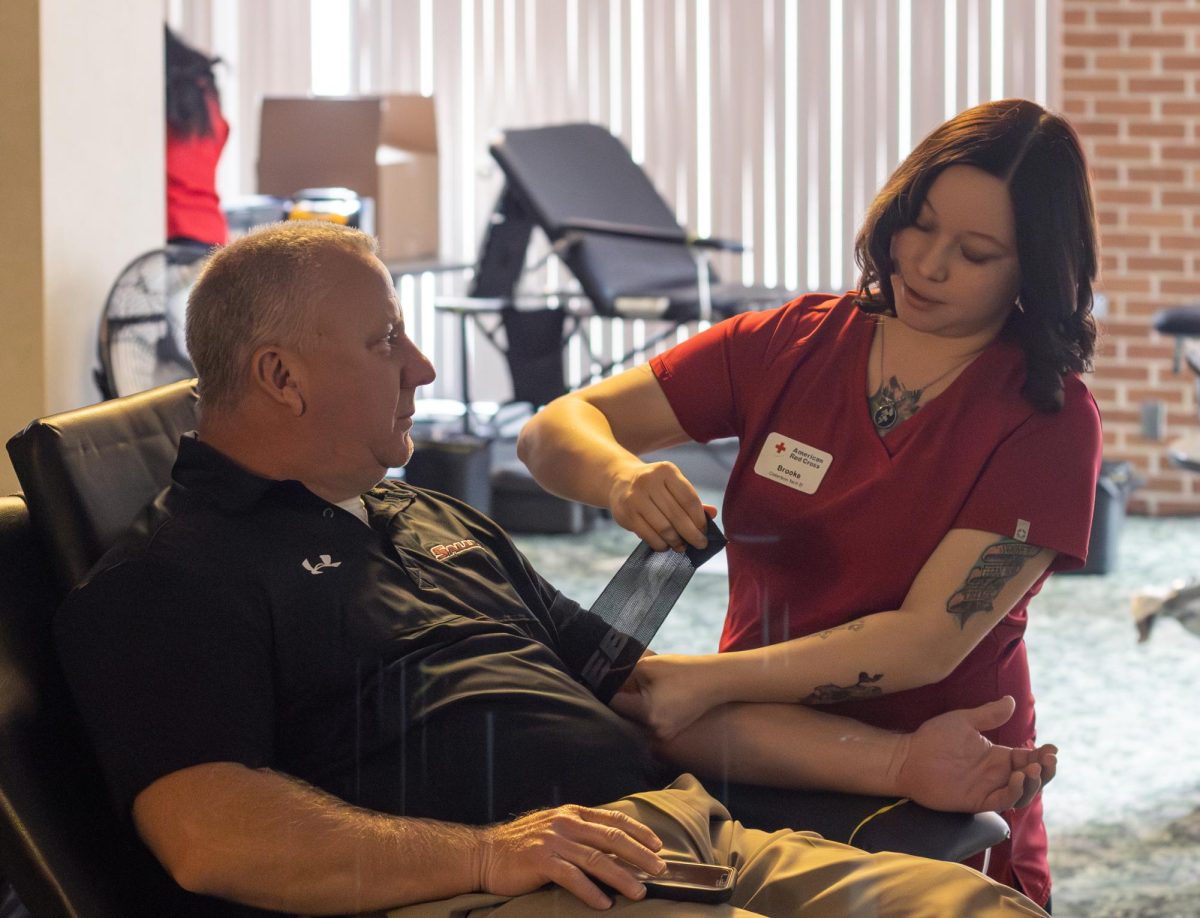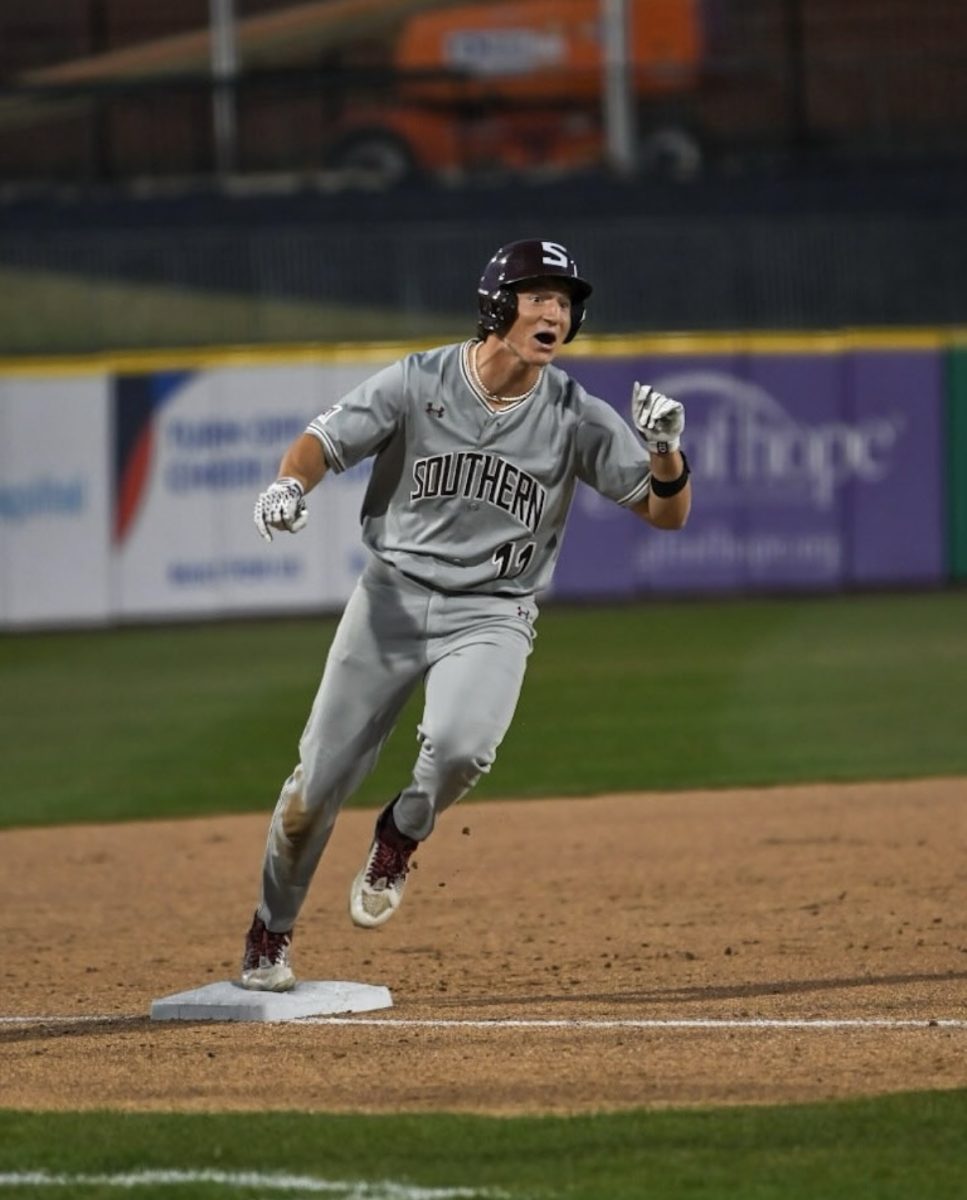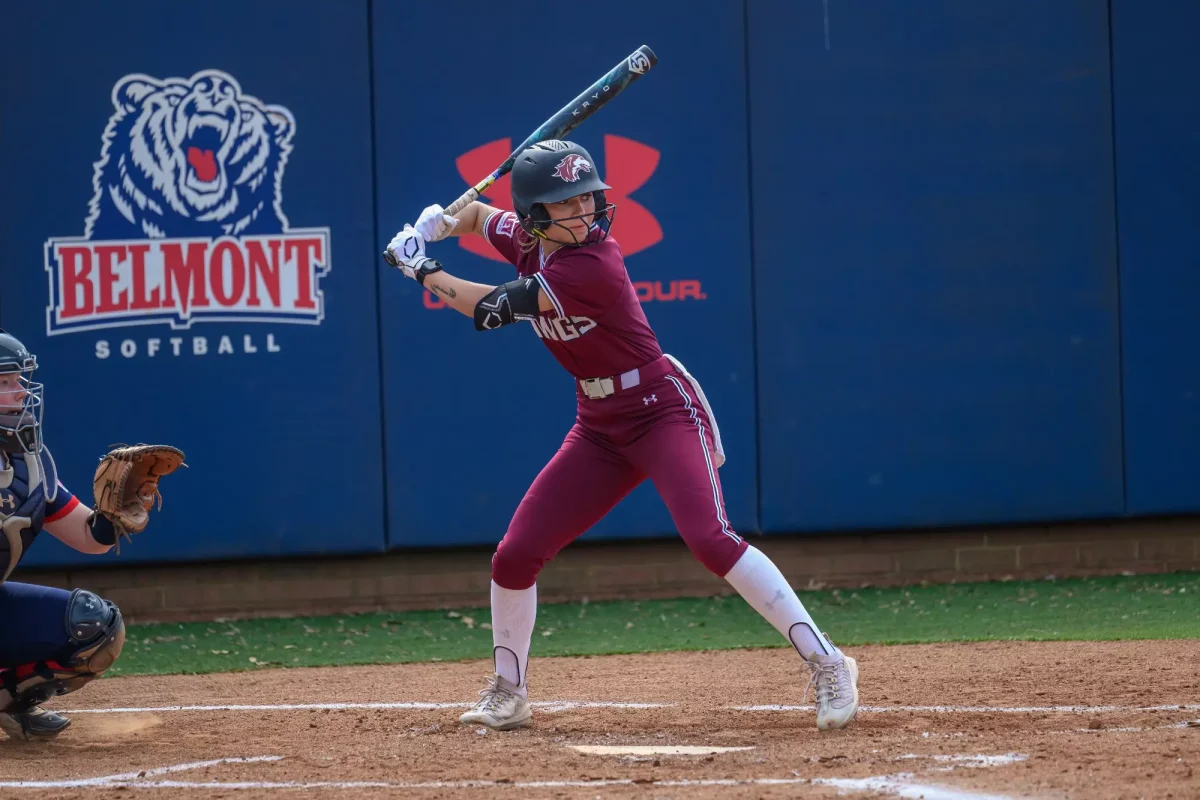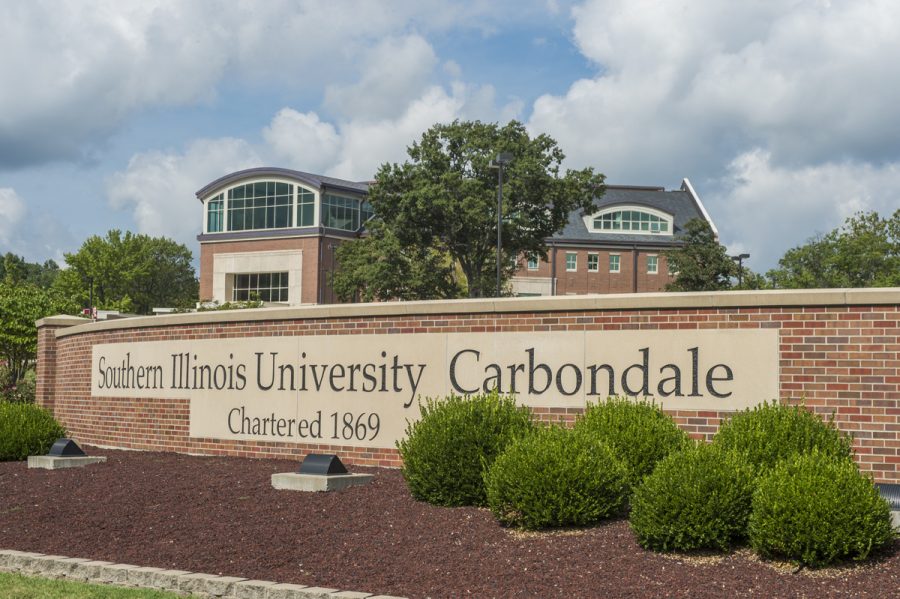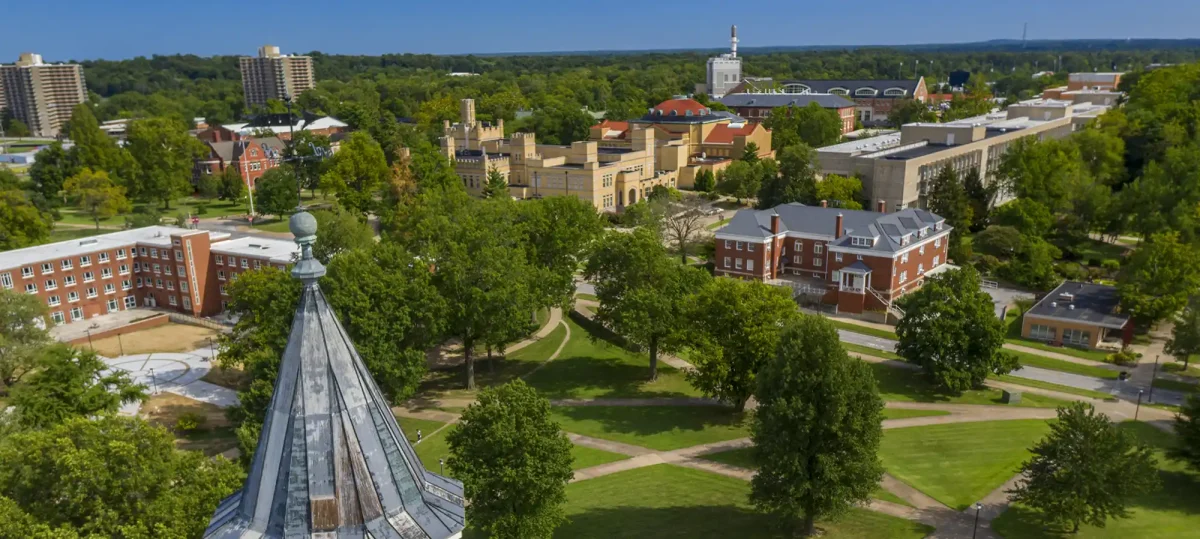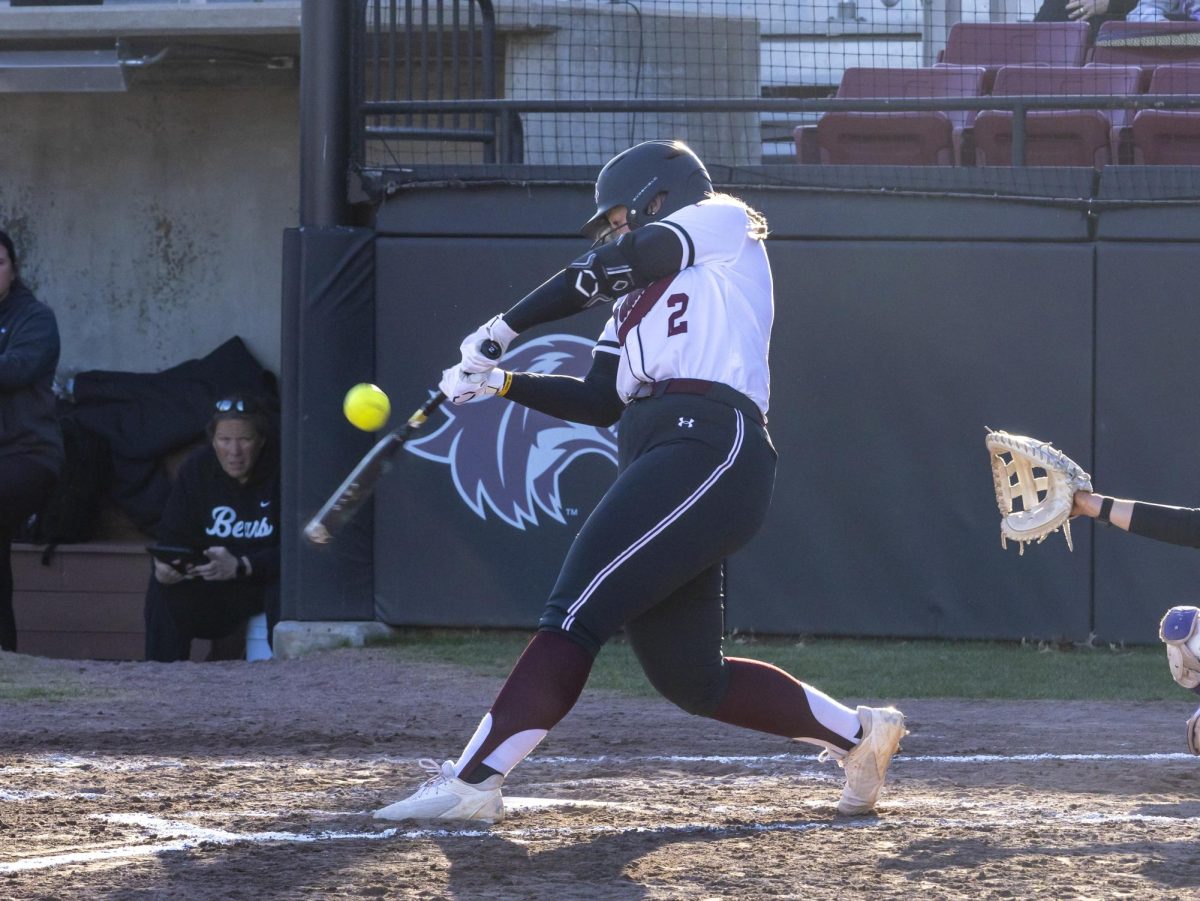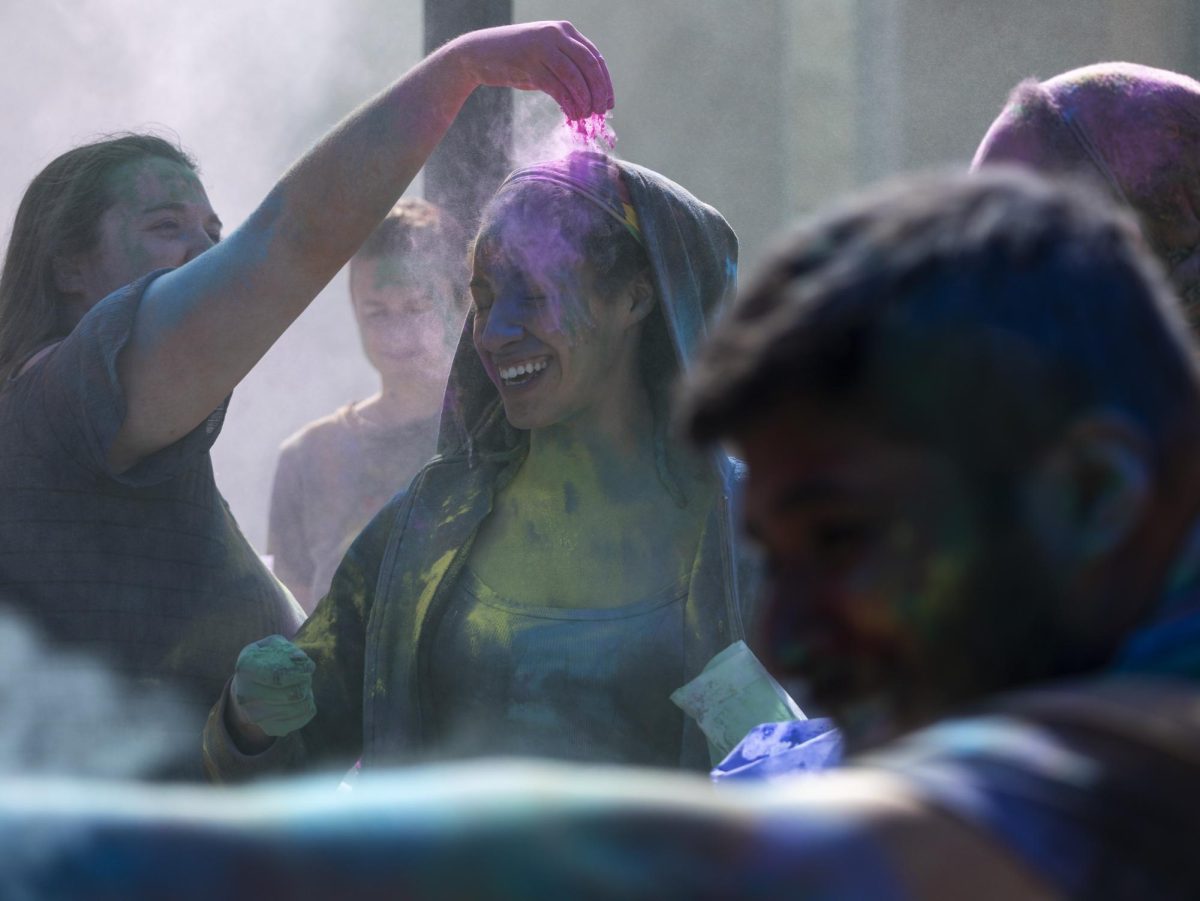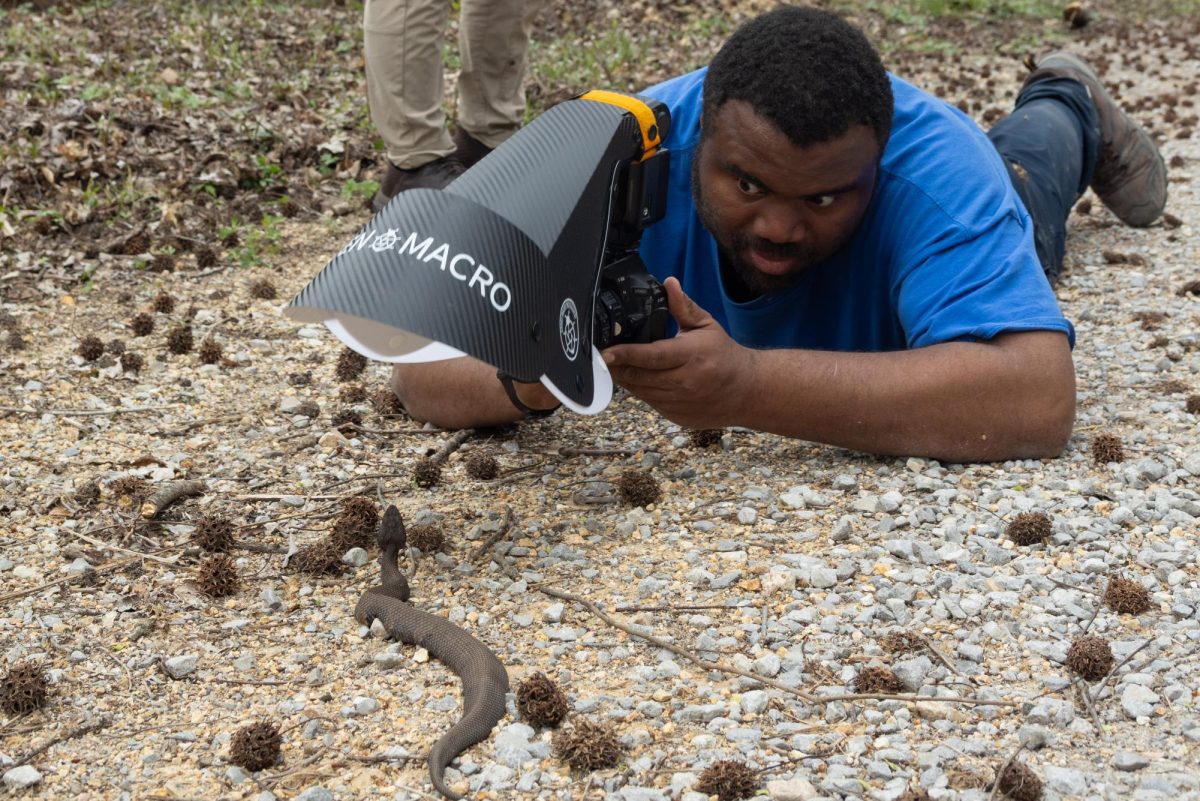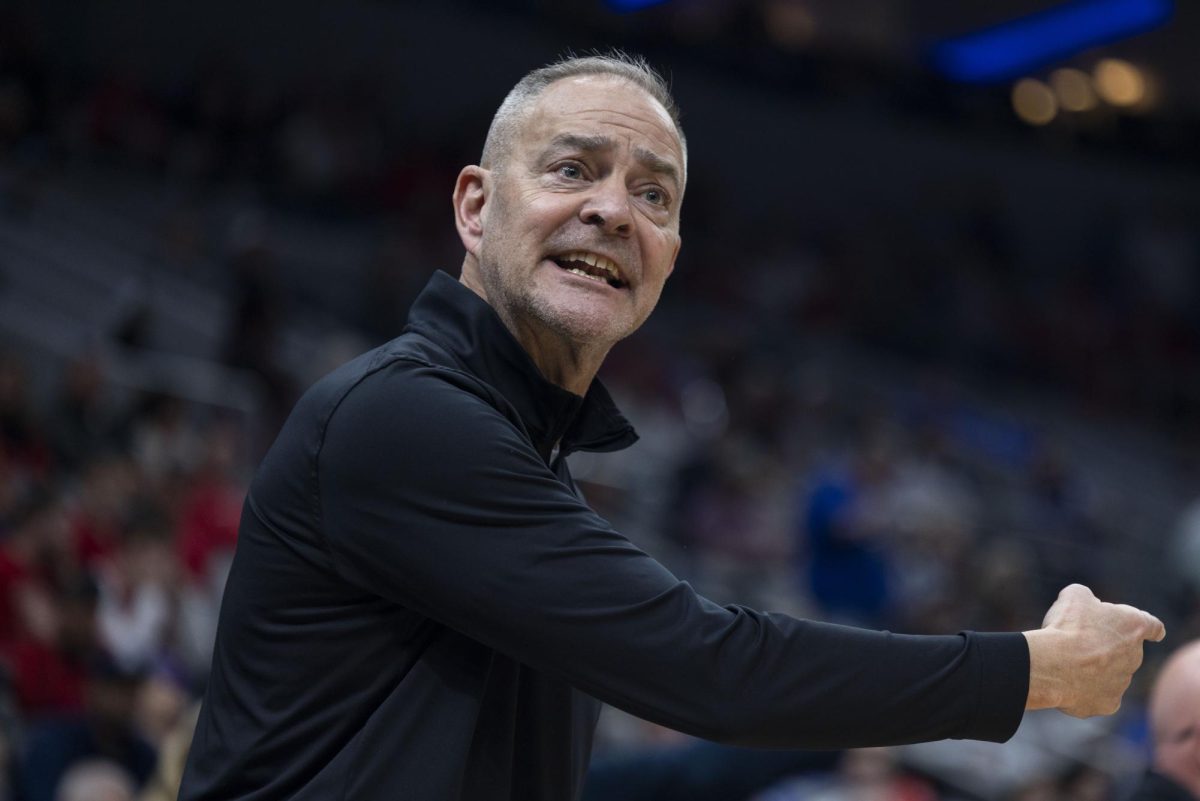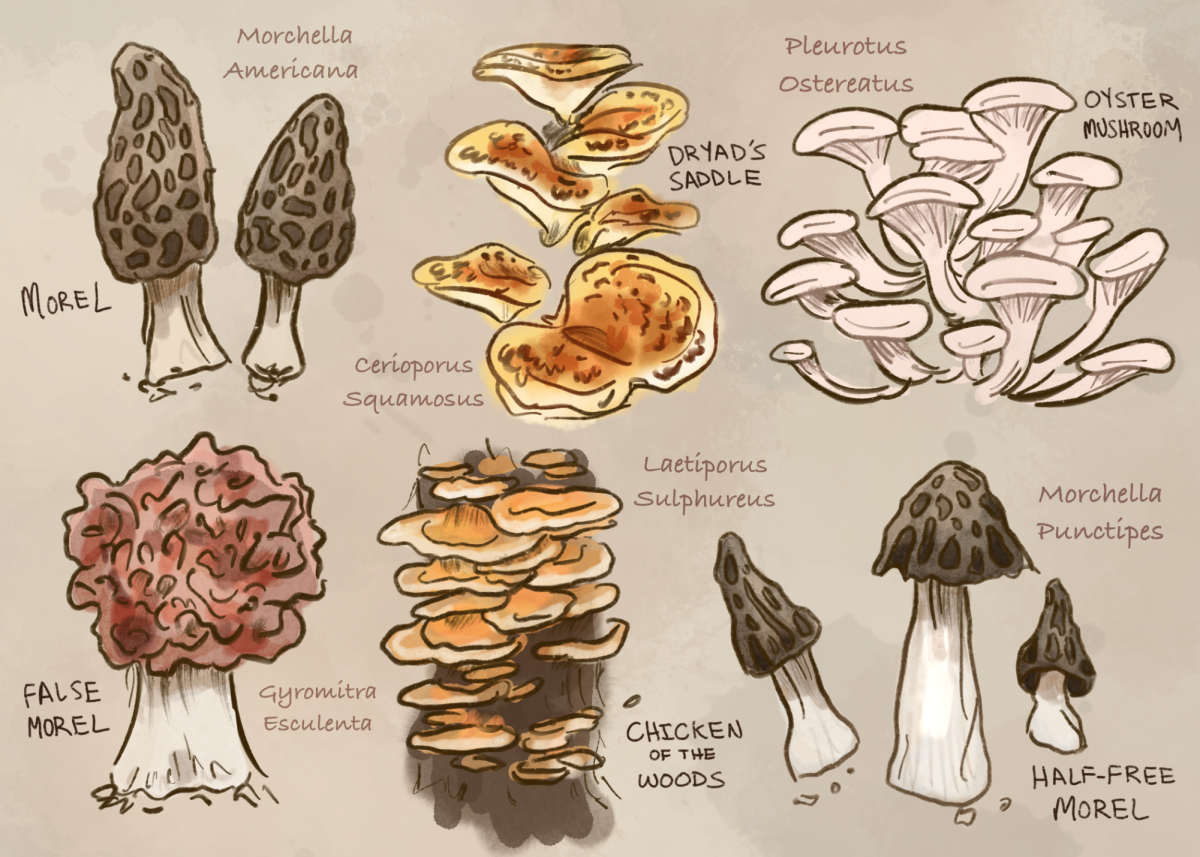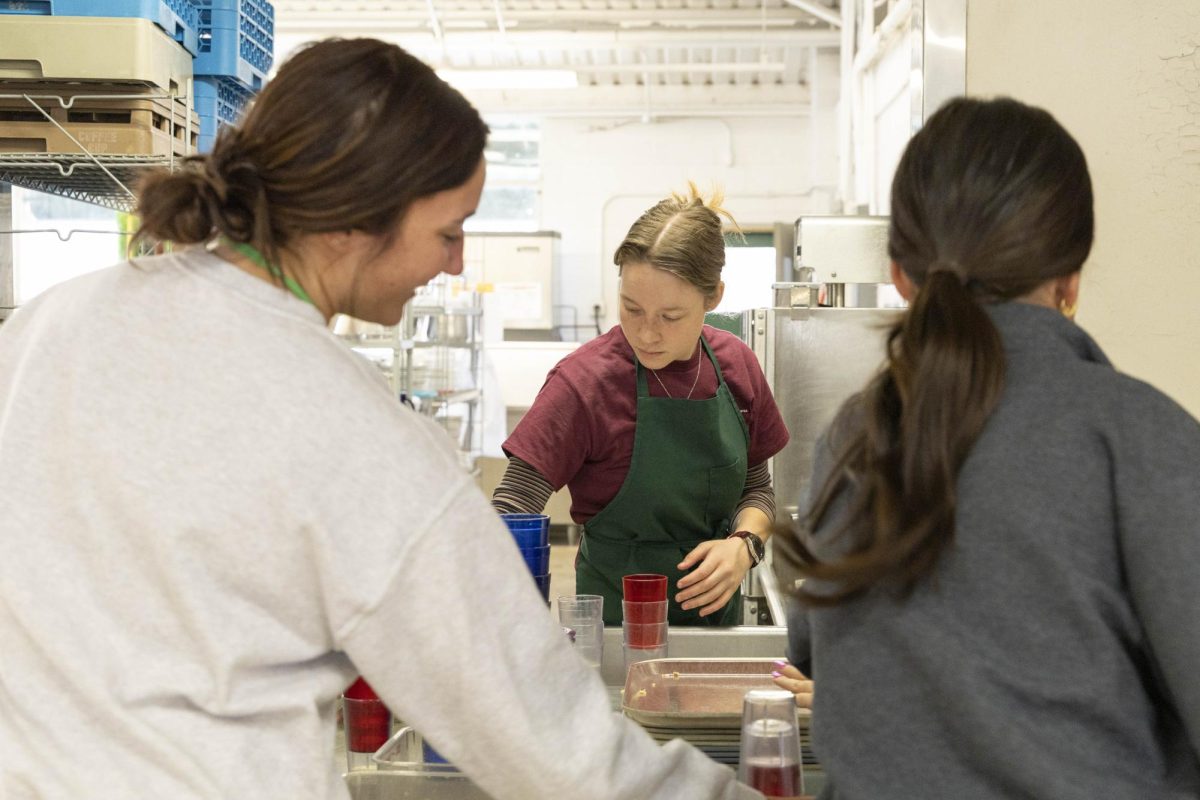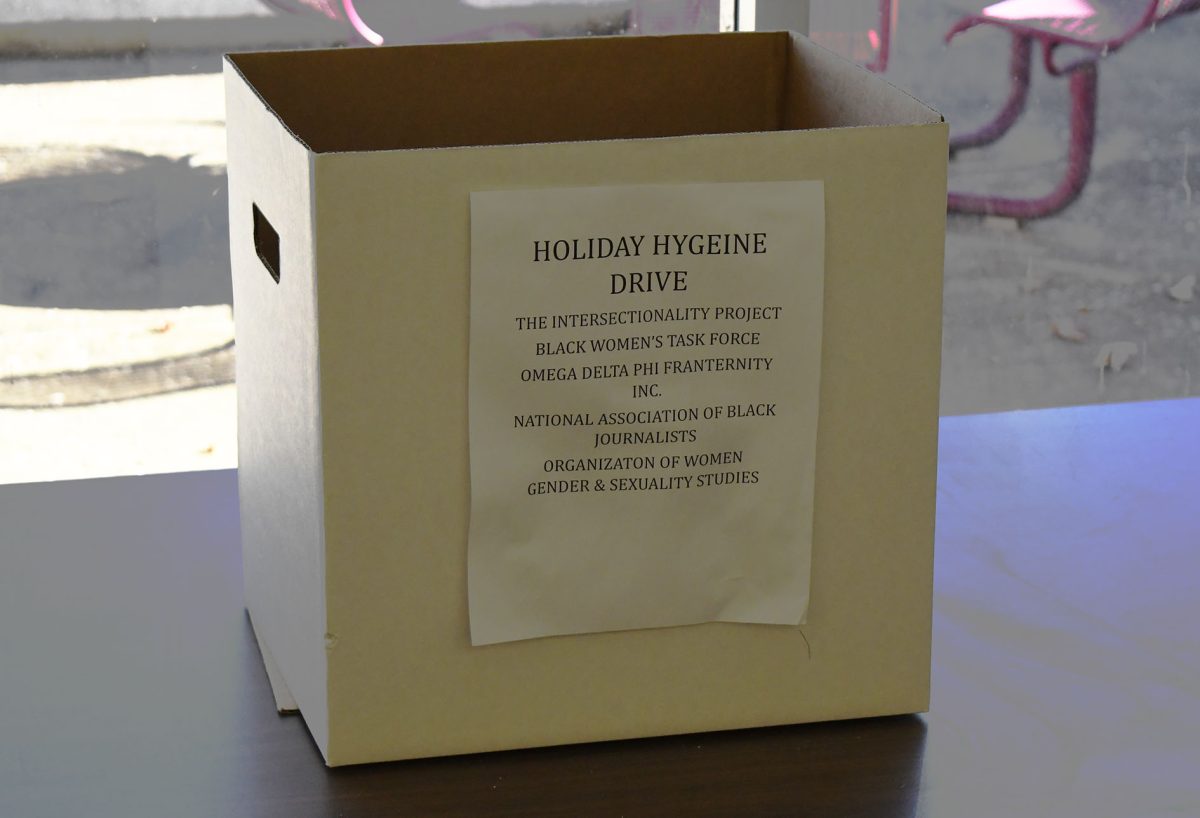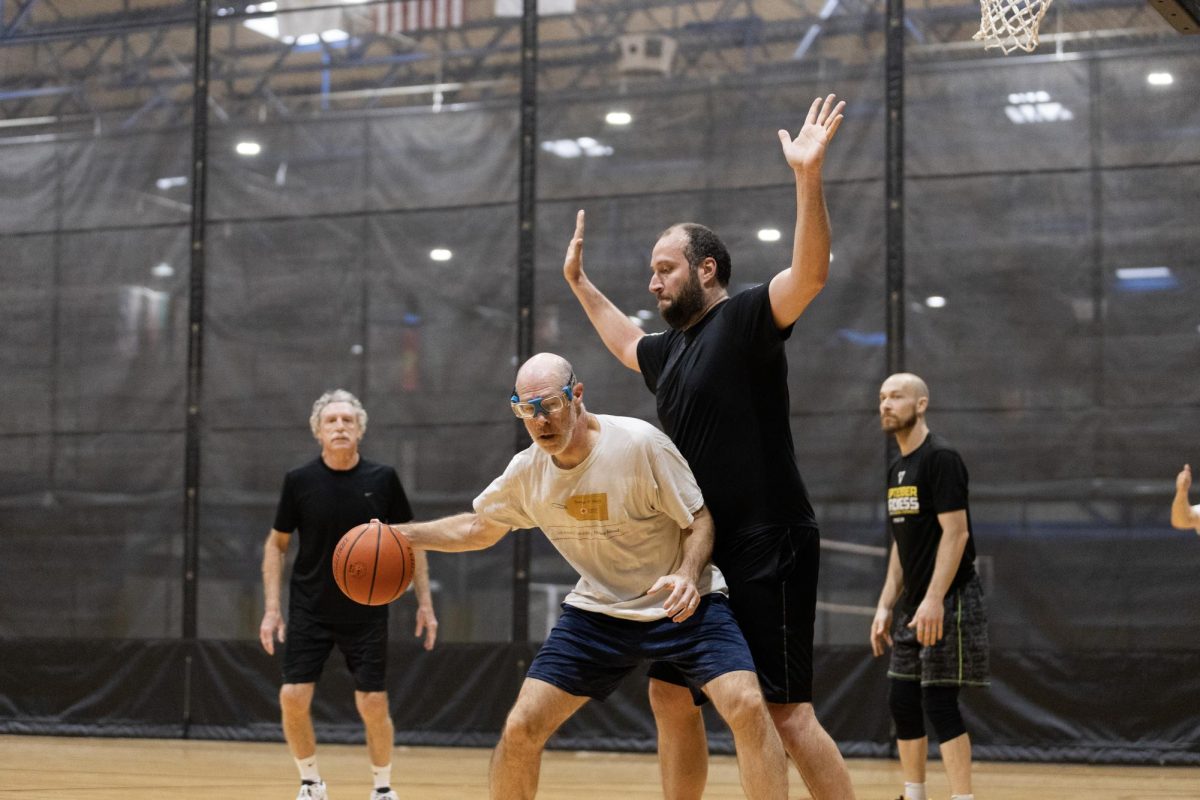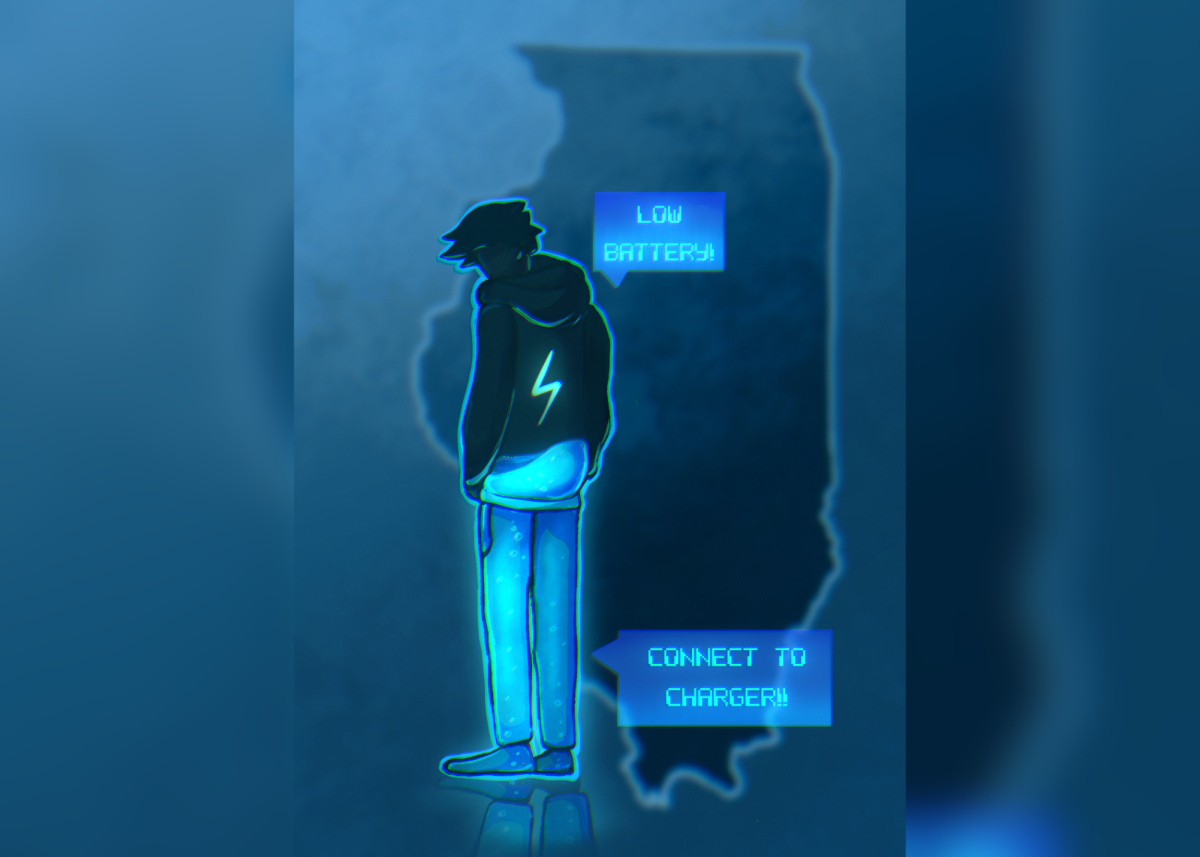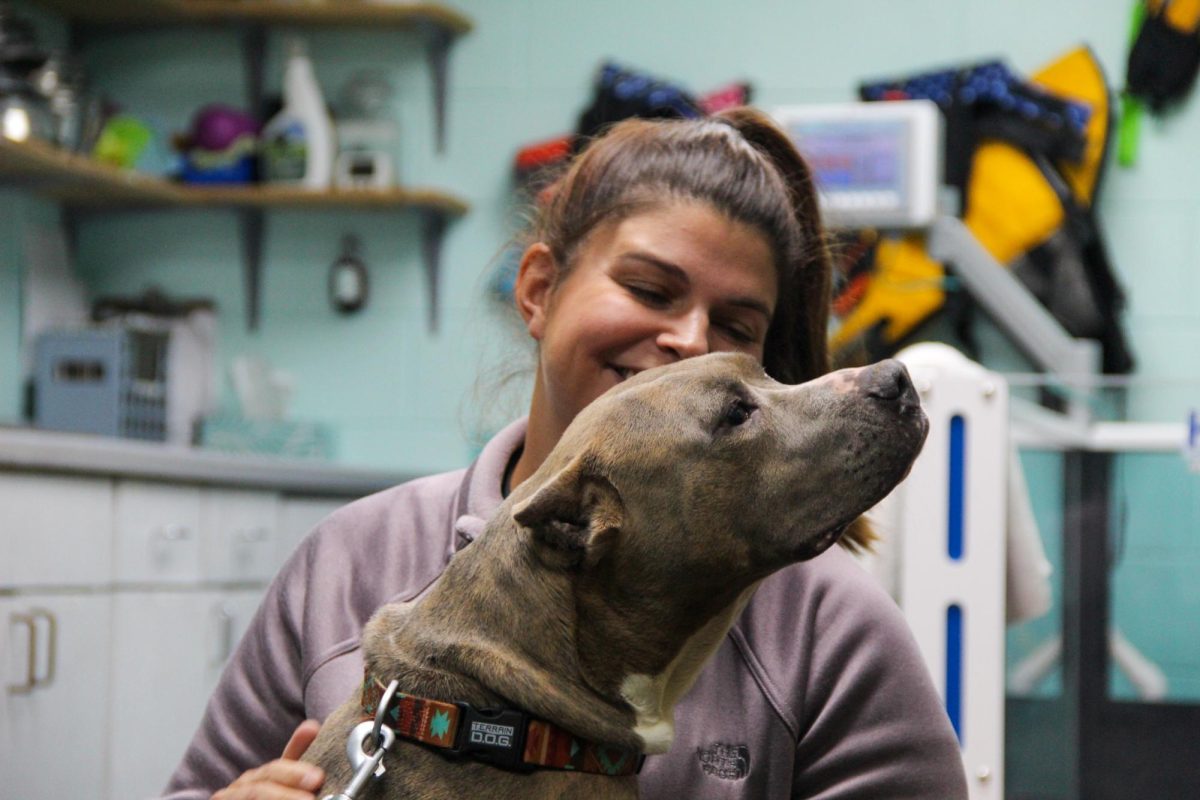The American Red Cross declared a national blood shortage in early September. This shortage was caused by a lack of donors this past summer.
Since the beginning of August, the organization’s blood supply level dropped nearly 25%, putting it in a critical position and forcing it to reduce crucial distribution to hospitals.
Southern Illinois University hosted its fourteenth annual homecoming blood drive on Oct. 4 with hopes to assist in ending the shortage.
Advertisement
Students, staff members and others from the community gathered in the student center to donate their blood and platelets for those in need.
Student Hailey Durham used to donate at blood drives in her home town every year through her high school and church and has continued her tradition into college with the homecoming blood drive.
“Donation impacts me a lot because I am a CNA [certified nursing assistant], so the blood shortage does affect us,” Durham said.
Many donors donate for a reason, whether someone close to them has been affected by blood donations or simply just to help out those in their community.
The person that Durham donates for is her grandfather who previously needed a blood transfusion for a medical issue.
While it may feel like a small part, each of these donors is playing a large role in helping end the blood shortage with each of their donations.
“Currently we have an emergency need for blood, typically that means we have less than two days supply of blood on the shelves, and we need about 18,000 units everyday to make sure we’re meeting our hospital commitments,” said Tara Lincoln, account manager for the Red Cross.
Advertisement*
Wildfires in Hawaii, hurricanes and other climate-driven disasters that have occurred in this past year have forced cancellations of blood drives, causing the Red Cross to not be able to host as many or collect enough blood to meet the demand. The summer travel season plays a role as well.
“With busier than typical summer months that we’ve had as far as people traveling, more people are traveling, causing more accidents to happen, as well as more elective surgeries happening. That is most likely what’s causing our donor turn outs to be so slow,” Lincoln said.
The homecoming blood drive is a large one for the Red Cross. With donors coming from Greek life and RSO’s, whose members also volunteer with the drive, this brings in even more donors.
“We have definitely seen a little bit of a pick up since we went on our national appeal on Sept. 11. It’s still low and going into the holidays coming up in about a month or so, that’s going to really be affecting us,” Lincoln said.
Experts with the Red Cross are forecasting that an “intense fall disaster could further impact the ability of the Red Cross to collect enough blood products to meet hospital demand.”
This is why blood drives are so important to the Red Cross.
“During this time when we do have a shortage, especially going into the holidays and ensuring that our local hospitals have the blood that they need, it is so important that this blood drive collects what it needs to,” Lincoln said.
Shortages like this one can be a scary situation to be in for hospitals and blood suppliers; if the hospitals don’t have the amount of blood they need, patients may not be able to get the treatment they need.
With whole blood donations, donors can donate every 56 days, and there are blood drives all around the area.
Some upcoming blood drives will take place at the Church of Jesus Christ of Latter Day Saints and Giant City School on Oct. 18, St. Joseph Memorial Hospital on Oct. 25, Cobden High School on Oct. 31 and Murphysboro High School and Jackson County U of I Extension Office on Nov. 2.
“They [future donors] can go to www.RedCrossBlood.com and type in the zip code of the area they want to donate and they can find any local blood drive,” Lincoln said.
This shortage means that hospitals may be low on a few pints of different types of blood. With all of the blood drives coming up in the area, southern Illinois can play a part in helping to end the shortage.
“Please find a blood drive near you and donate, because people think that someone else is doing it [donating], but someone else isn’t,” Lincoln said.
Staff Reporter Joei Younker can be reached at jyounker@dailyegyptian.com.
Advertisement



